RESEARCH IMPACT & COLLABORATIONS
CDE launches new research newsletter

CDE's research newsletter — Forging New Frontiers, is our new publication that collates and showcases the progress we are making in academia and beyond. The first issue of Forging New Frontiers dives into the theme of ‘Climate Resilience Technologies’, featuring a variety of domains spanning green transportation and efficient materials to greenhouse gas reduction, as well as sustainable architecture and urban planning.
Read at: https://cde.nus.edu.sg/cde-research-apr2024/
Click Here to subscribe.
MOU signed with Army Safety Inspectorate

A Memorandum of Understanding (MOU) has been signed between CDE and the Army Safety Inspectorate (ASI), expanding the partnership between the two institutions into the area of research and technology.
The partnership will tap CDE’s capabilities to support the advancement of knowledge, the development of innovative solutions and the application of technologies to enhance safety across the Army.
This partnership will focus on three key areas:
- Data Analytics and Predictive Modelling
- Advanced Materials and Equipment
- and Autonomous Systems and Robotics
The MOU signing ceremony took place at CDE on 27 March 2024, in the presence of Brigadier General Andrew Lim, Commander, Training and Doctrine Command, and Professor Teo Kie Leong, then Dean-Designate of CDE.
Read more at: https://cde.nus.edu.sg/news-detail/mou-signed-to-boost-ties-with-the-army-safety-inspectorate/
CDE commemorates 20 years of partnership with SONDRA
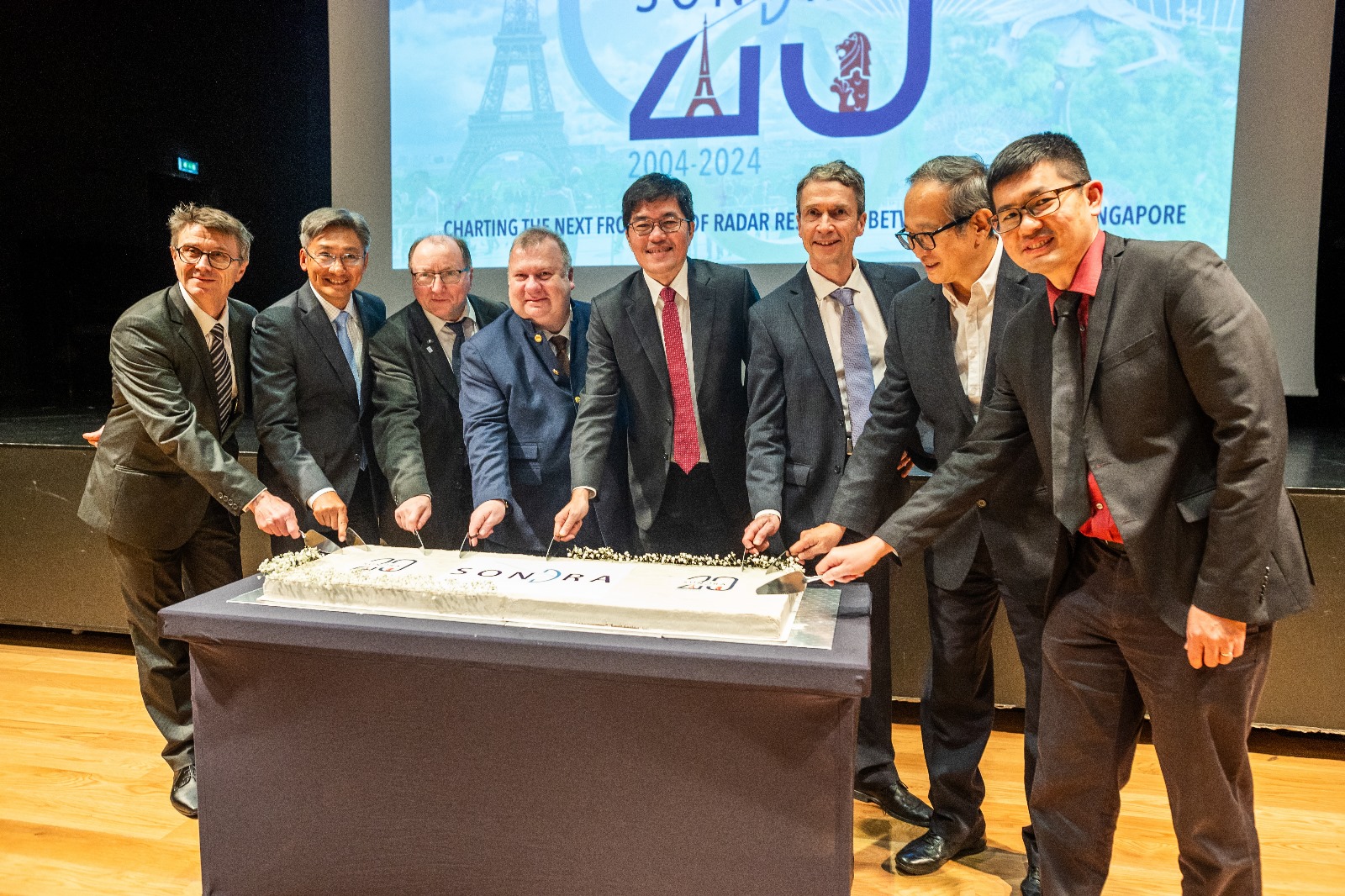
Professor Heng Chye Kiang, Deputy Dean (Research and Innovation) recently commemorated the 20th anniversary of SONDRA, a Franco-Singapore research alliance between CDE, DSO National Laboratories and French institutions CentraleSupélec (previously Supélec) and ONERA.
Held on 4 April 2024, the event was also graced by leaders from SONDRA’s key partners: Dr Emmanuel Chiva, Chief Executive of the French Directorate General of Armaments, Mr Melvyn Ong, Permanent Secretary (Defence Development) at the Ministry of Defence (MINDEF), Mr Cheong Chee Hoo, CEO of DSO National Laboratories, Mr Bruno Sainjon, CEO of ONERA, Mr Romain Soubeyran, President of CentraleSupélec, and the laboratory's former director Mr Marc Lesturgi and former co-director Mr Chan Hian Lim.
The collaboration is a longstanding one, officially launched on 28 April 2004 with the then Faculty of Engineering. Over the past 20 years, SONDRA has established key research capabilities in areas such as radar and applied electromagnetics while looking to expand further into topics such as the use of Artificial Intelligence for radar applications. This was done through the establishment of a Joint Lab that facilitates research collaborations between CDE and CentraleSupélec, with funding and support from DSO and ONERA.
Read more at: https://cde.nus.edu.sg/news-detail/cde-commemorates-20-years-of-partnership-with-sondra/
Mandating indoor air quality for public buildings
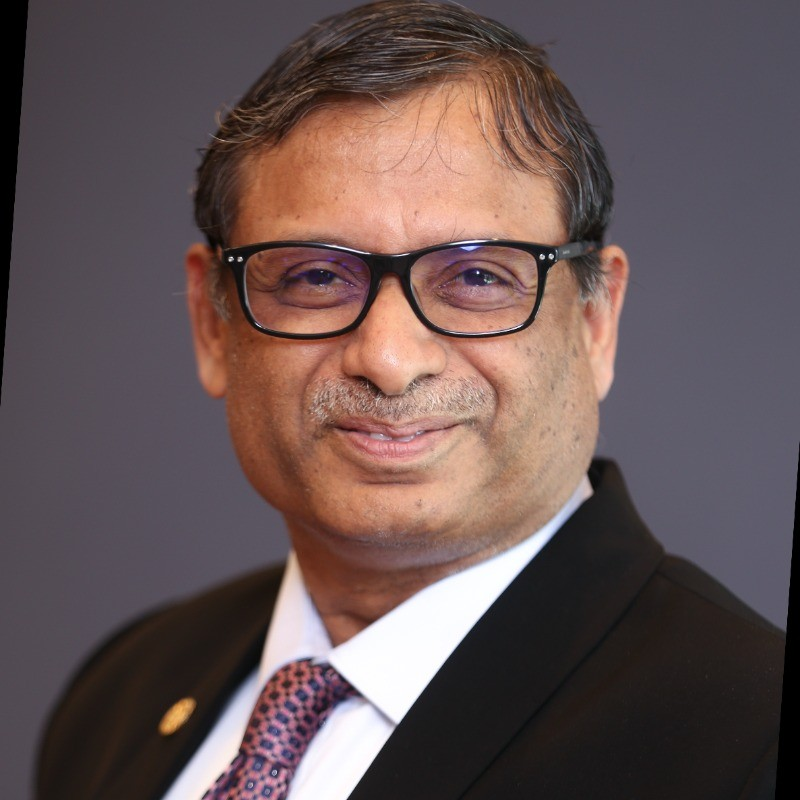
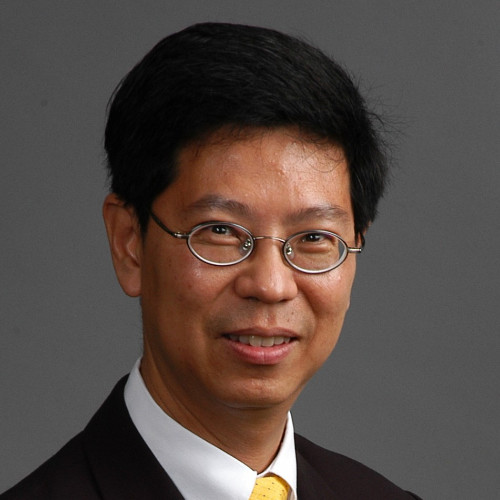
Professor Chandra Sekhar and Associate Professor Tham Kwok Wai were part of a team of international scientists led by Professor Lidia Morawska, Queensland University of Technology, Australia, who published an article in Science calling for mandating indoor air quality (IAQ) standards in public buildings.
Lidia Morawska et al., Mandating indoor air quality for public buildings. Science383,1418-1420(2024).
Abstract:
People living in urban and industrialized societies, which are expanding globally, spend more than 90% of their time in the indoor environment, breathing indoor air (IA). Despite decades of research and advocacy, most countries do not have legislated indoor air quality (IAQ) performance standards for public spaces that address concentration levels of IA pollutants (1). Few building codes address operation, maintenance, and retrofitting, and most do not focus on airborne disease transmission. But the COVID-19 pandemic has made all levels of society, from community members to decision-makers, realize the importance of IAQ for human health, wellbeing, productivity, and learning. We propose that IAQ standards be mandatory for public spaces. Although enforcement of IAQ performance standards in homes is not possible, homes must be designed and equipped so that they could meet the standards.
DID researchers jointly awarded International Sustainable Development Goals (SDG) Collaboration Programme 2024

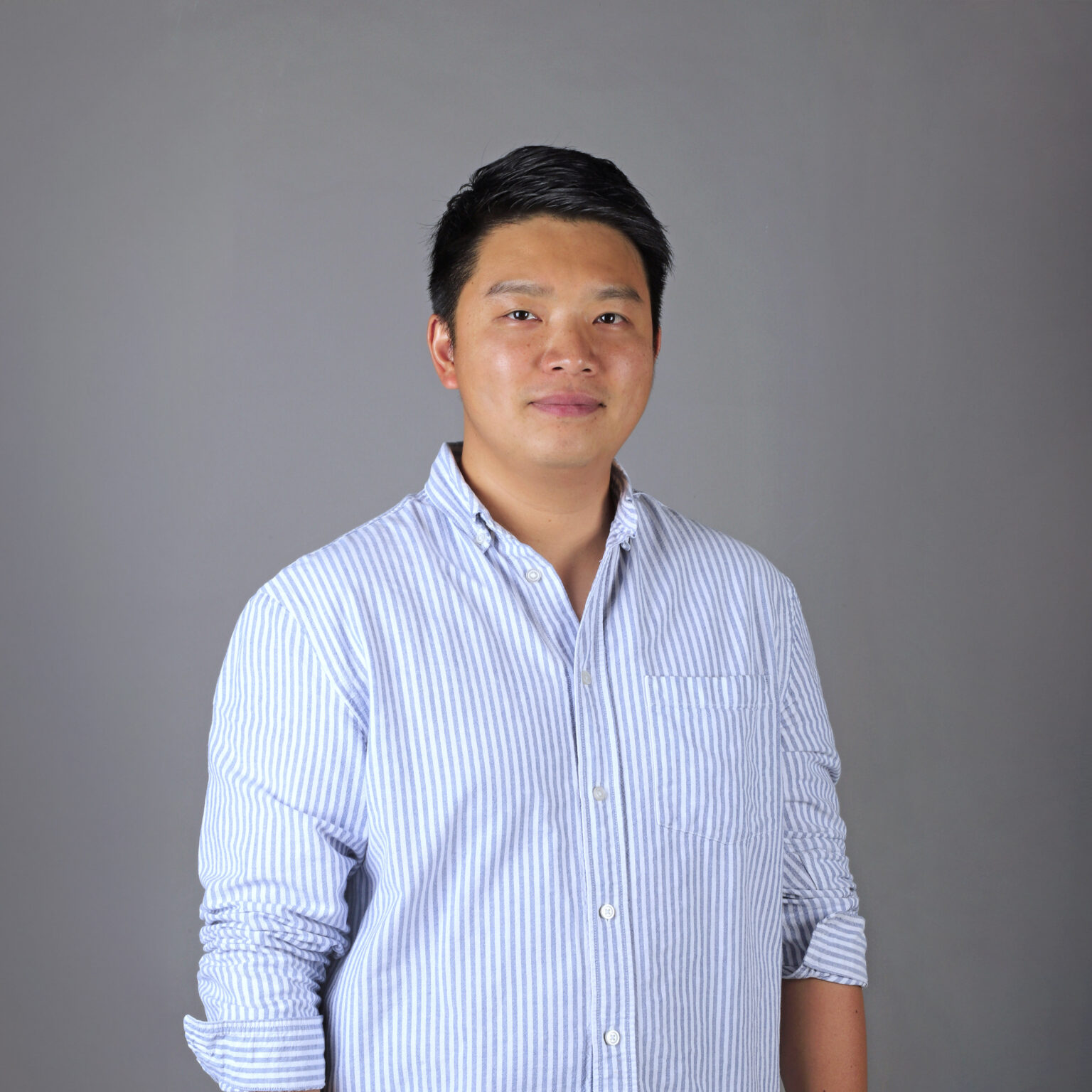
Associate Professor Jung-Joo Lee and Assistant Professor Janghee Cho have been awarded the International Sustainable Development Goals (SDG) Collaboration Programme 2024 in collaboration with a team from the University of Sydney.
They will closely engage with a local partner to explore how emerging technology could enhance care workers' well-being and job quality in aged care homes. They have formed an international team with three study sites (Sydney, Singapore, and Shanghai) to discuss the future of care workers.
Safer, cheaper batteries for renewable energy storage
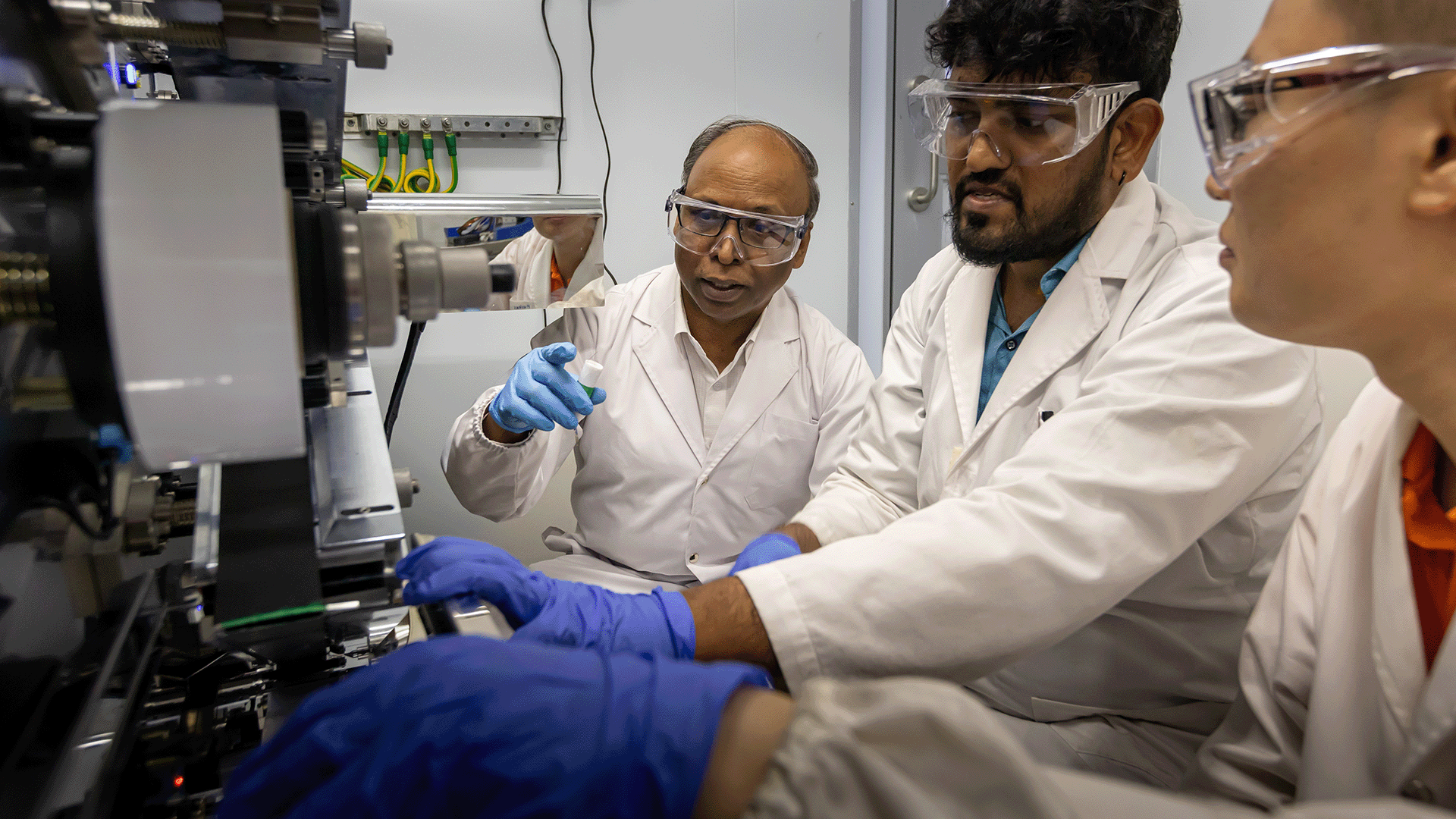
Offering a promising and safer alternative to lithium, Assoc Prof Palani Balaya is spearheading research into high-power, safer sodium-ion batteries. “Compared to lithium, the advantages of sodium are evident: it's chemically and physically quite similar to lithium but is significantly cheaper and abundantly available almost everywhere,” he says. More importantly, sodium-ion batteries are also far less prone to thermal runaway, making them far more attractive for use as residential energy storage systems.
Using a high-flashpoint solvent known as glyme as the electrolyte, Assoc Prof Balaya and his team have developed a battery that is significantly less prone to fire than traditional lithium-ion batteries which use flammable organic liquid electrolytes. In a further innovation, the team have also developed a novel design of positive electrode that enables batteries to be charged and discharged more than 30,000 times retaining 50% of its capacity.
Read more at: https://cde.nus.edu.sg/news-detail/safer-cheaper-batteries-for-renewable-energy-storage/
Marine engine concept could slash shipping emissions
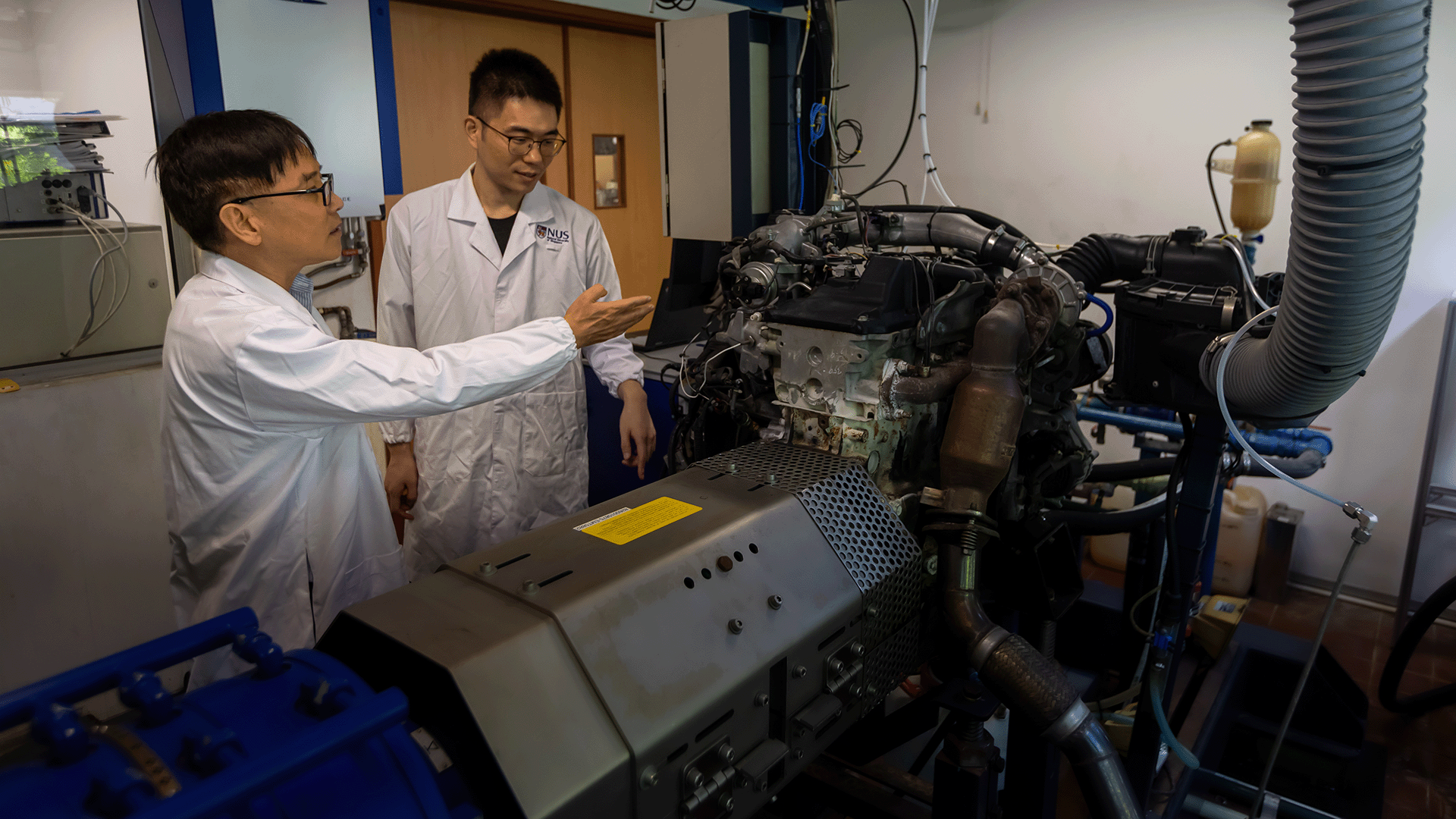
A pioneering design concept for an ammonia-fueled marine engine jointly-developed by researchers at CDE could radically reduce carbon emissions from the world’s shipping industry.
In a joint project led by Associate Professor Yang Wenming (Mechanical Engineering) and Professor Li Tie (Shanghai Jiao Tong University), the research team has devised an innovative design known as In-cylinder Reforming Gas Recirculation (IRGR), which they say could mark a major step towards more sustainable shipping. Their findings were published recently in the journal Nature Communications.
One of the key advantages of the IRGR engine and what sets it apart from traditional engines is its ability to improve combustion performance and efficiency by utilising hydrogen, a highly efficient combustion agent, formed from excess ammonia fuel.
Read more at: https://cde.nus.edu.sg/news-detail/marine-engine-concept-could-slash-shipping-emissions/
Major Grants Awarded
The major grants (start date in April 2024) with total project value > $1M.
| Hosting Unit | Project Title | Funding Programme (Source of Funding) |
Principal Investigator | Co-Investigator |
| MSE; ME | Light-weight, low leakage, high-pressure hybrid composite materials for hydrogen transmission and distribution, and on-board storage | Low-Carbon Energy Research (LCER) Phase 2: Hydrogen and Emerging Technologies Funding Initiative (HETFI) - Directed Hydrogen Programme (2023)
(A*STAR) |
He Chao Bin | Tay Tong Earn |


